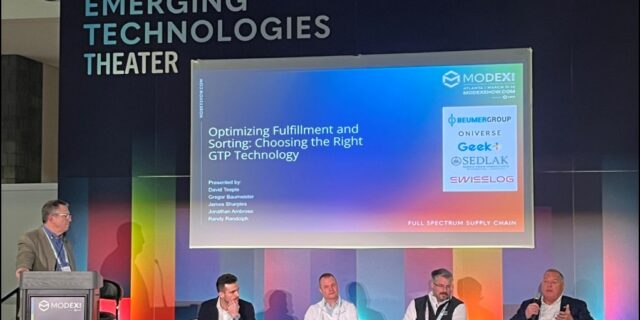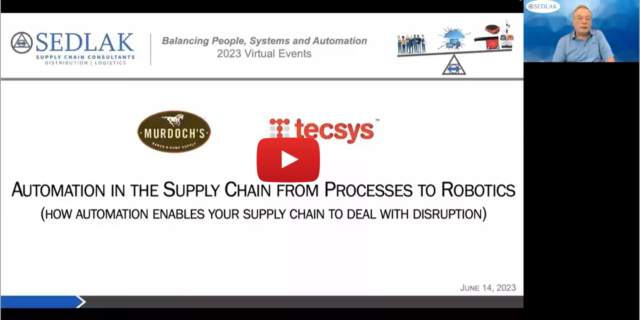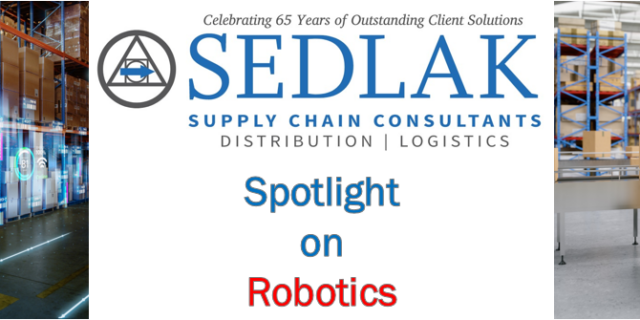5 Reasons to Consider Hydrogen Fuel Cells over Batteries for Mobile Equipment
February 21, 2017 By: Patrick S. Sedlak | Topics: IT Solutions, Productivity & LaborOn a recent facility tour at Carter’s, I noted that they operated a fleet of 80 hydrogen-fueled lift trucks. They’ve been running fuel cell trucks for 4 or 5 years, but just recently outfitted the entire fleet. Other early adopters of this technology include Sysco Foods, Lowe’s, Proctor & Gamble, FedEx Freight, GENCO, Coca-Cola, Kimberly Clark and Walmart.
Up until about ten years ago, all of the pallet jacks and lift trucks inside of distribution centers operated via propane engines or lead-acid batteries. The introduction of the hydrogen fuel cell into mobile equipment was an innovation over propane for indoor environments, as propane motors discharge a distinct odor that can be absorbed by soft goods. However, there are reasons to also consider hydrogen fuel cells over batteries. Here are five:
1. Fuel cells require less power. Battery charging, typically done all at once, can create a spike in electrical power demand for a facility – especially if it needs to occur during normal operating hours. Energy represents one of the largest costs in a distribution facility, and hydrogen may enable better management of utility costs.
2. Fuel cells need less space. Battery charging requires a dedicated charging area with storage for extra batteries, charging equipment, and maintenance infrastructure (e.g., wash station, emergency shower, watering equipment), as well as specially coated flooring to protect from acid leakage. Fuel cell-powered lift trucks need only a fueling pump.
3. Fuel cells require less labor. Frequent battery change-outs require labor and time for charging – up to 20 minutes per shift in some instances. By comparison, fuel cells can be rapidly refueled (less than 5 minutes) at an on-site filling station and get right back into operations.
4. Fuel cells increase productivity. In addition to being active longer each shift, fuel cells maintain full power until empty, so productivity remains consistent over the course of a shift. Batteries perform less robustly as the charge diminishes and charge less effectively over time, both of which can impact productivity – particularly in a high volume distribution operation. Battery performance degradation is also amplified in cold environments, resulting in less productive time per charge in a refrigerated space, for example.
5. Fuel cells have a longer life. Estimated fuel-cell powered product life is 8-10 years compared to 4-5 years for battery-powered equipment, which can balance out the higher initial investment cost.
In fact, a study by the National Renewable Energy Laboratory determined that, when deployed in larger-scale, multi-shift warehouse applications, the total cost of ownership of fuel cell mobile equipment is lower than battery-powered equipment, even without the recently expired federal tax credit. This includes costs for maintenance, facility space, infrastructure, labor and fuel over the equipment lifecycle.
According to the Fuel Cell and Hydrogen Energy Association, more than 9,000 lift trucks currently use fuel cell technology at more than 60 sites globally and have logged more than 1 million refuelings. As the technology continues to gain traction as a niche provider in the market, installation costs are also coming down. Hydrogen fuel cell systems are commercially available today for multiple types of mobile equipment, including counterbalanced forklifts, narrow aisle life trucks, pallet jacks and stock pickers. If considering adding new mobile equipment to an operation or replacing a fleet, fuel cells are certainly worth consideration.
For nearly 60 years, Sedlak has helped companies with their distribution operations and material handling needs. We focus on process improvements, not just equipment, to enable best-fit solutions. To learn more, fill out the contact us form below.







